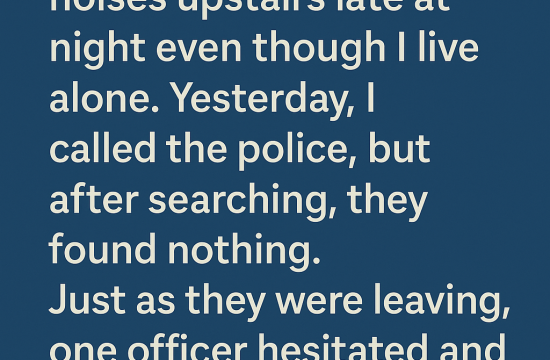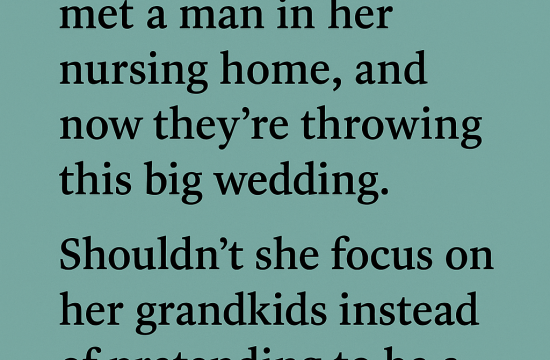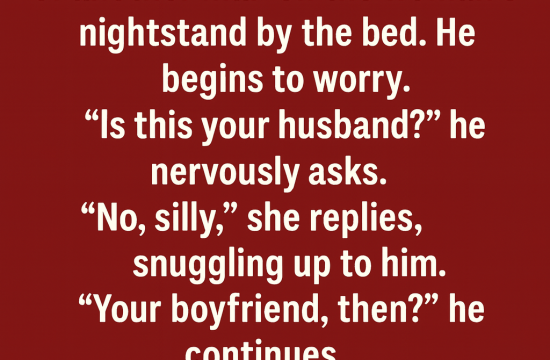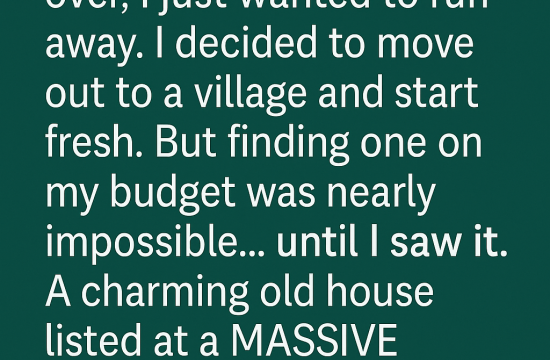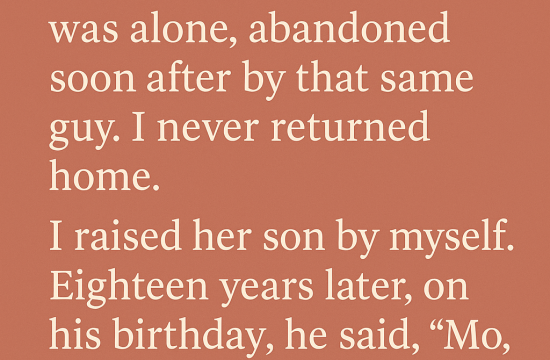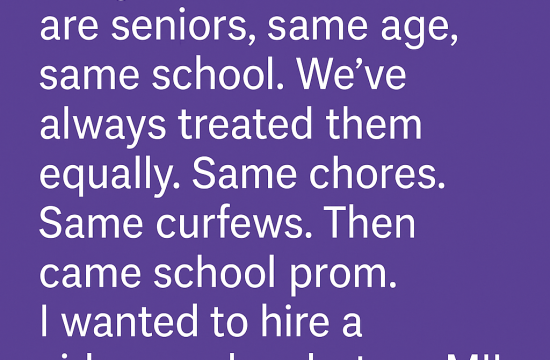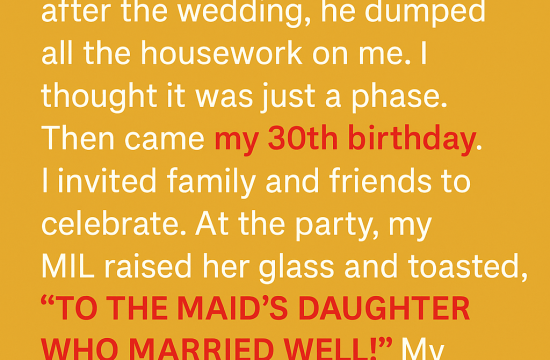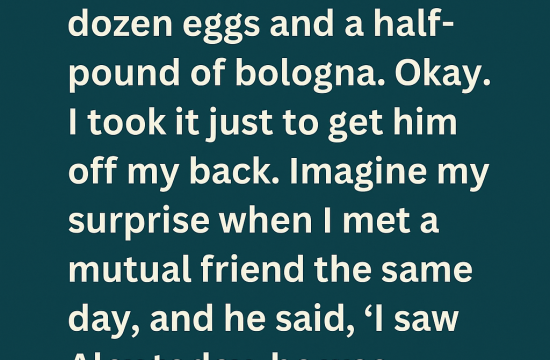Growing up, I always felt like something was missing. There were no pictures of my mother in the house, no stories about her, nothing to suggest she had ever existed. And whenever I asked, my father would snap, “You don’t need to know!” So eventually, I stopped asking. But the absence remained, a hollow space in my chest where a mother’s love should have been.
It wasn’t just the silence around her—it was the way my father treated me. He wasn’t cruel, but he wasn’t warm either. My siblings got hugs, praise, laughter. I got indifference. I used to think maybe I just wasn’t good enough. Maybe if I worked harder, he’d look at me the way he looked at them. But no matter what I did, his eyes carried nothing but a cool, distant weight whenever they landed on me.
The turning point came at a company party my father’s firm was hosting. I was in my early twenties then, independent but still carrying the raw wounds of my childhood. I found myself chatting with one of his longtime business partners, a woman named Elaine. She was warm, engaging—the kind of person who always seemed to know more than she said.
Then my father walked past. Our eyes met, and instinctively, I smiled. Just a reflex—a son seeing his father. But the look he gave me froze me in place. It wasn’t just indifference this time. It was sharper. Deliberate. Almost venomous.
Elaine saw it too. She tilted her head, eyebrows knitting. “He hasn’t told you why he hates you, has he?”
I forced a laugh, though my stomach twisted. “My dad doesn’t hate me.”
Her gaze softened with pity. “It’s strange he never told you. Especially considering… what happened.”
My pulse quickened. “What do you mean?”
She hesitated, then sighed. “I assumed you knew. Your mother… she died giving birth to you. And your father never forgave you. He blames you.”
The words hit like a physical blow. My throat closed, my vision blurred. I wanted to scream that it wasn’t my fault, that it couldn’t be true. But in my heart, I knew. It explained everything—the coldness, the distance, the way he never wanted to be around me.
That night, I went to him. He was in his study, glass of whiskey in hand, the room heavy with silence.
“You blamed me,” I whispered. My voice shook. “All these years—you blamed me for Mom.”
His fingers tightened around the glass. “Who told you that?”
“It’s true, isn’t it?” My chest ached. “You hated me because she died having me.”
For the first time in my life, he looked at me—really looked. His eyes weren’t cold this time. They were raw, pained, broken.
“I don’t hate you,” he rasped. “But every time I saw you, I saw her. And it hurt. God, it hurt so much.”
“So you punished me for existing?” My voice cracked, fury laced with grief. “Do you know what that did to me? I spent my whole life trying to earn something you never planned to give.”
He dropped his head into his hands, looking older than I’d ever seen him. “I was young. I lost the woman I loved most. And I didn’t know how to deal with it. Every time I looked at you, I was dragged back to that day. I know it wasn’t your fault—but knowing it and feeling it… those are different things.”
I wanted to hate him. To rage. To tell him I would never forgive him. But in his eyes, I saw something I had never seen before: regret.
“I can’t change the past,” he whispered. “But I am sorry. For all of it.”
It wasn’t enough. It would never be enough. Nothing could return the years I lost. But it was more than I had ever thought I would get from him.
That night, I walked out of his study both heavier and lighter. He might never be the father I needed, but for the first time in my life, I wasn’t carrying his silence alone. The truth had finally been spoken.
And for the first time in my life, I felt free to choose who I would become—not the son defined by blame, but a man finally stepping out from the shadows of it.




